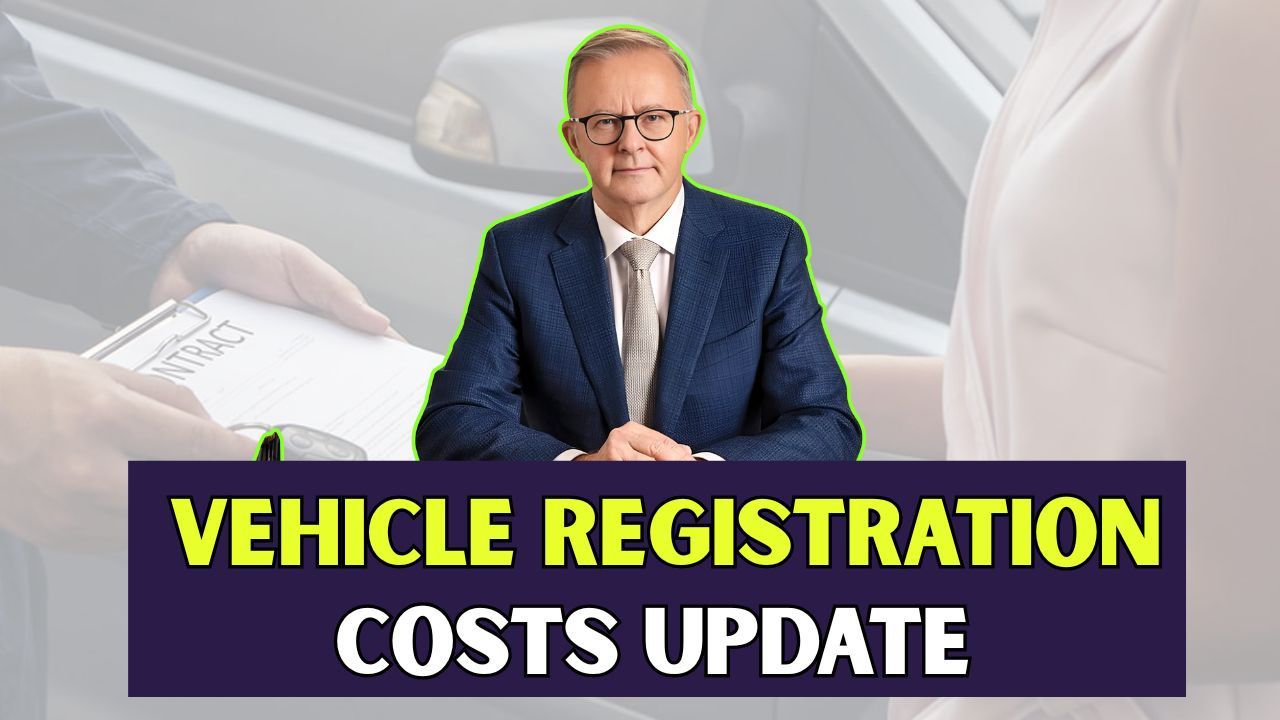From August 2025, vehicle registration fees across Australia are undergoing major updates, affecting new and existing vehicle owners alike. These changes come as part of a national reform aimed at modernising the fee structure, addressing environmental concerns, and improving road infrastructure funding. Whether you’re buying a new car, renewing registration, or switching states, it’s crucial to understand how the revised costs will impact you.
What’s Driving the Cost Changes in 2025
The rising costs of maintaining road networks, coupled with the increasing number of electric vehicles on Australian roads, have led to a shift in how governments calculate registration charges.
For the first time, states and territories are incorporating emissions-based pricing tiers, meaning your annual rego cost will now vary based on how environmentally friendly your vehicle is.
In addition, administrative and compulsory third-party insurance (CTP) fees have been adjusted to reflect inflation, technological upgrades, and state-specific transport initiatives. While some drivers may face modest increases, owners of cleaner, more efficient vehicles could see reductions.
Breakdown of Registration Costs by State – August 2025
| State/Territory | Petrol Vehicle (Avg.) | EV/Hybrid Vehicle | CTP (Avg.) | Notable Changes |
|---|---|---|---|---|
| New South Wales | $825 | $645 | $520 | Emissions-based tiering fully applied |
| Victoria | $870 | $690 | $540 | New EV discount continues |
| Queensland | $850 | $680 | $500 | Urban vs rural pricing model added |
| South Australia | $790 | $615 | $480 | Diesel vehicles incur added surcharge |
| Western Australia | $810 | $640 | $505 | Online rego discounts introduced |
| Tasmania | $780 | $620 | $460 | Flat-rate model under review |
| Australian Capital Territory | $865 | $685 | $530 | More EV incentives through rego cuts |
| Northern Territory | $800 | $640 | $490 | Slight increase in admin fees |
How Emissions-Based Pricing Works
Instead of a one-size-fits-all cost structure, vehicles are now assessed based on their CO₂ emissions output per kilometre. Owners of large petrol or diesel SUVs and utes may face higher charges, while those with plug-in hybrids, electric vehicles (EVs), or fuel-efficient hatchbacks will benefit from lower registration fees. This move is designed to encourage a gradual shift toward cleaner transportation options across the country.
Electric Vehicles Get a Boost, But Pay Their Share Too
While electric vehicles are still being incentivised through reduced rego fees in most states, the 2025 update also introduces a road usage fee in certain regions, like Victoria and NSW.
This fee is calculated on a cents-per-kilometre basis and is intended to replace fuel excise revenues lost due to EV adoption. However, the fee remains nominal and is outweighed by the overall savings on registration and running costs.
State-Specific Incentives Still Apply
Each state maintains its own set of incentives, including discounts for pensioners, rural residents, and fleet vehicles. NSW and ACT continue to waive registration fees for certain EVs under price thresholds, while Victoria offers capped registration for hybrid cars under specific usage categories. Queensland has expanded its regional subsidies, lowering rego rates for drivers outside urban zones.
Tips for Vehicle Buyers in August 2025 and Beyond
With new rules in place, buyers should now factor in ongoing registration costs when choosing a vehicle. For frequent urban commuters, a hybrid or small-engine petrol vehicle could offer substantial savings.
For long-distance travellers, understanding road usage charges for EVs becomes essential. Also, drivers moving interstate must prepare for a potential rego price change based on the destination state’s rules.
Final Word: Plan Smart, Drive Smart
The August 2025 registration overhaul aims to balance sustainability, fairness, and infrastructure needs. While some motorists will pay more, others especially those embracing greener technologies will benefit.
As Australia prepares for a cleaner and more connected motoring future, staying informed is the best way to keep your costs down and your driving experience hassle-free.




